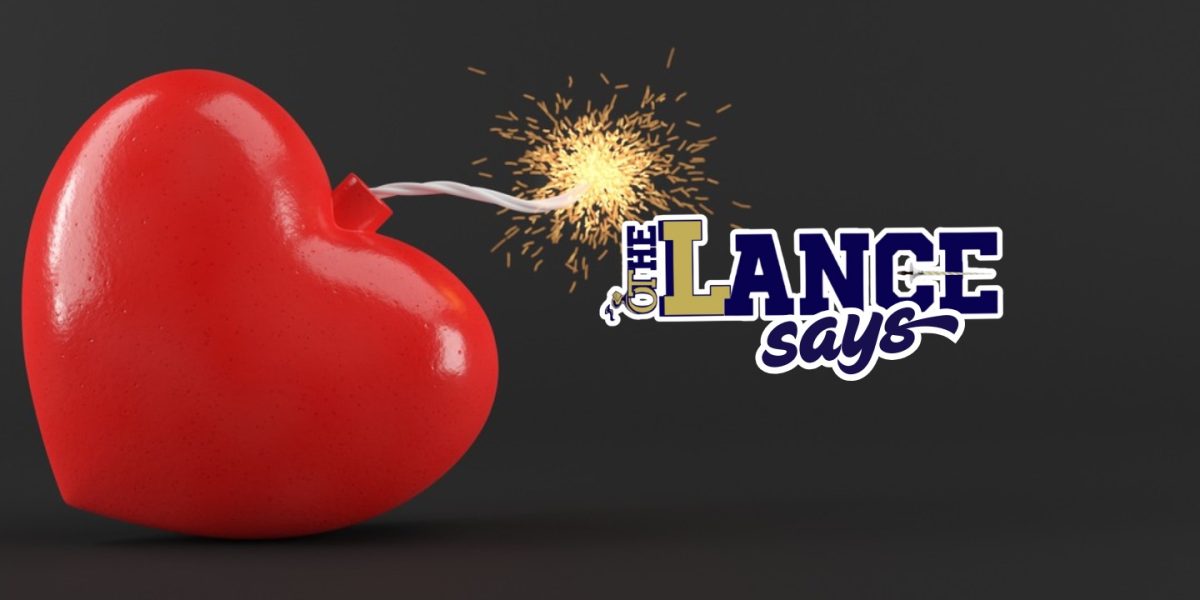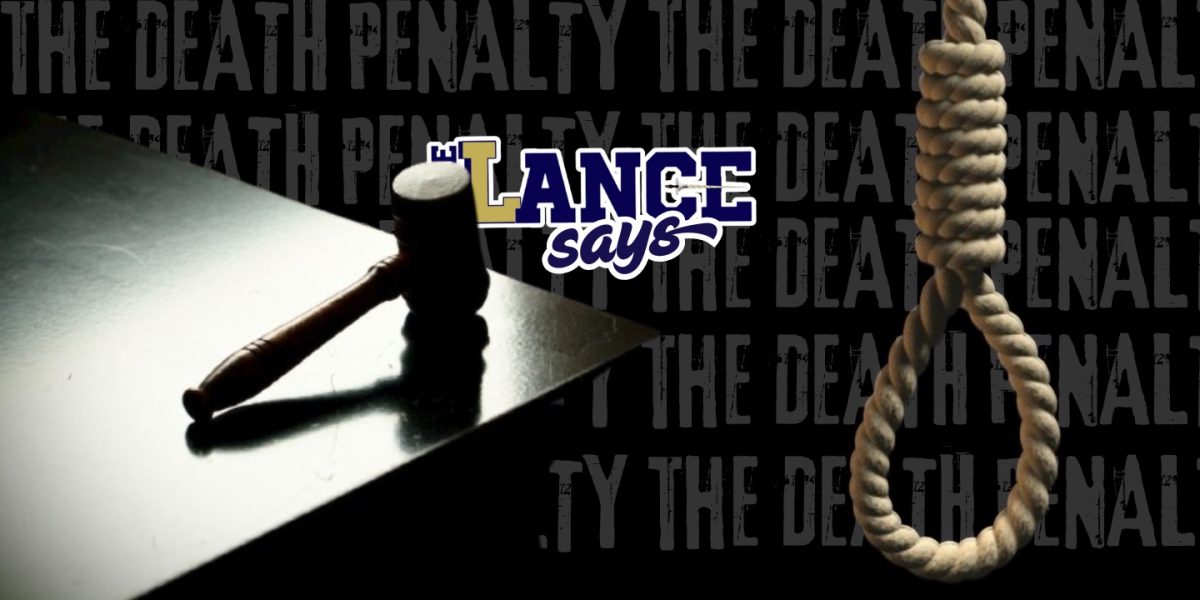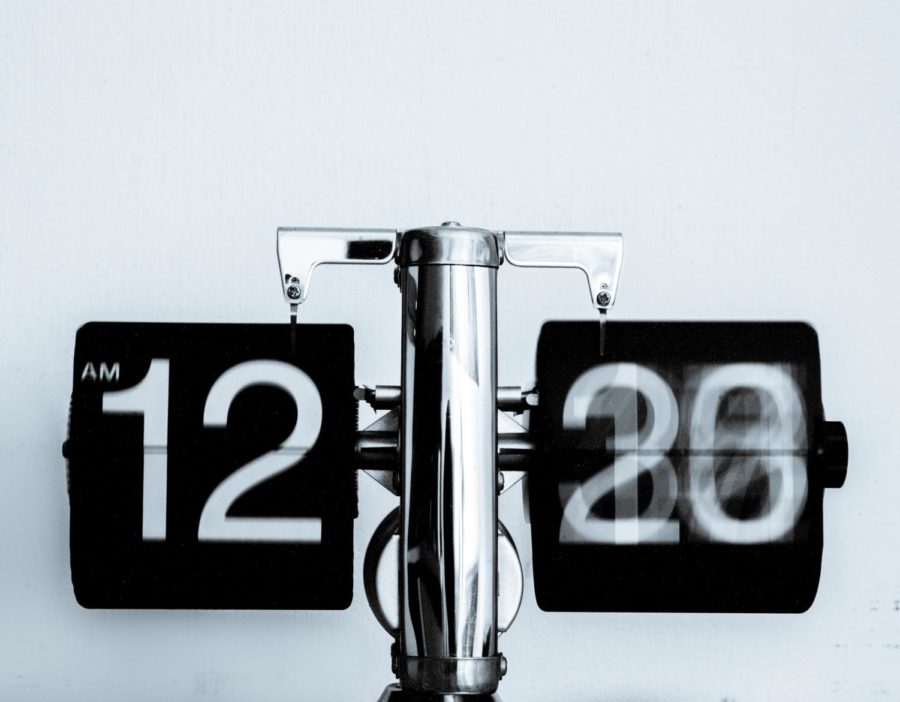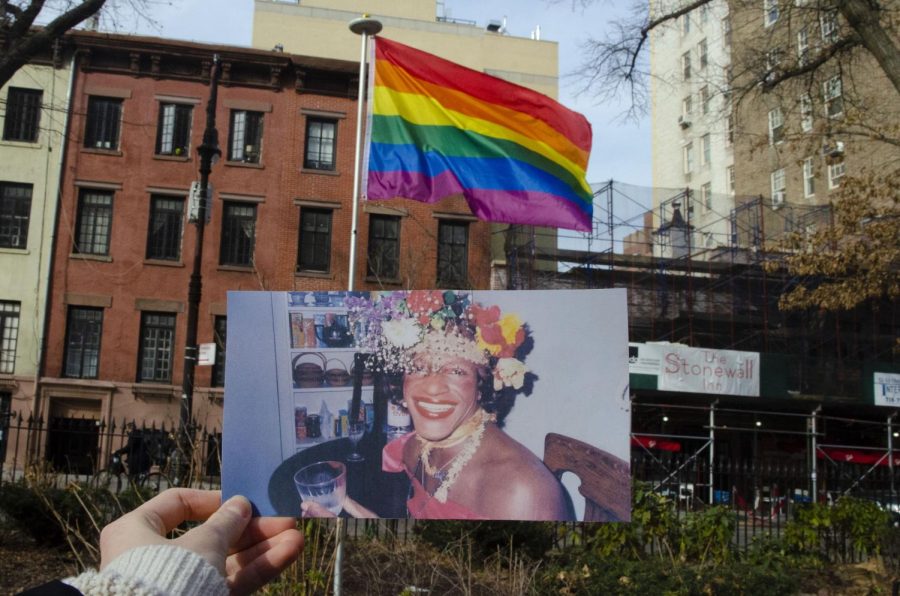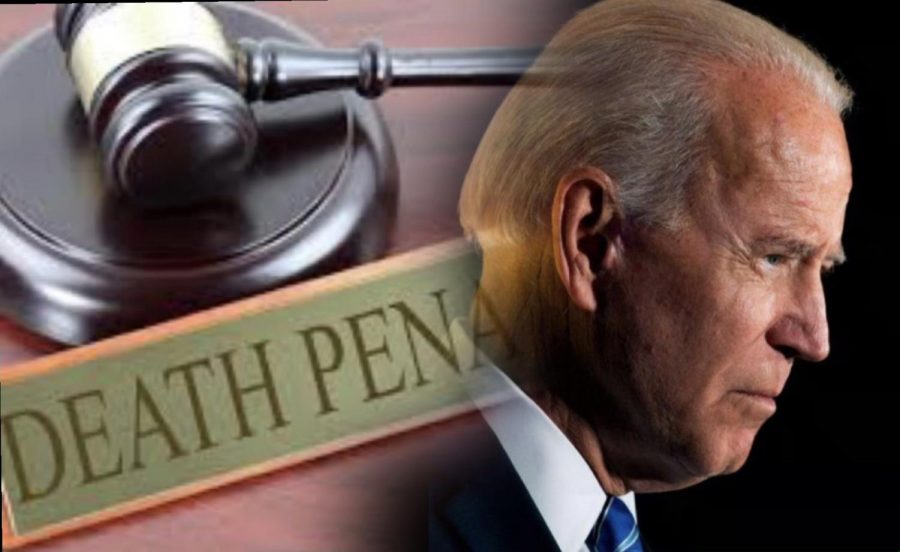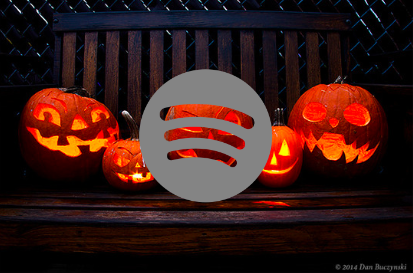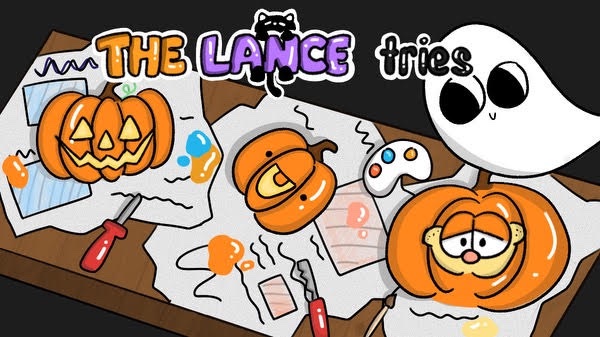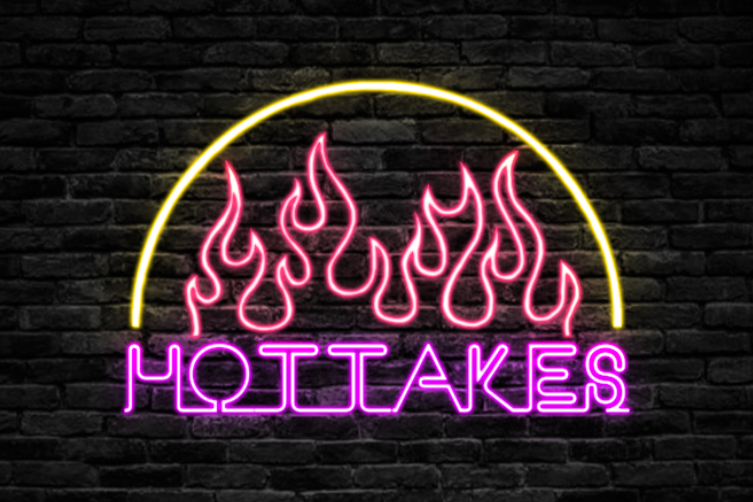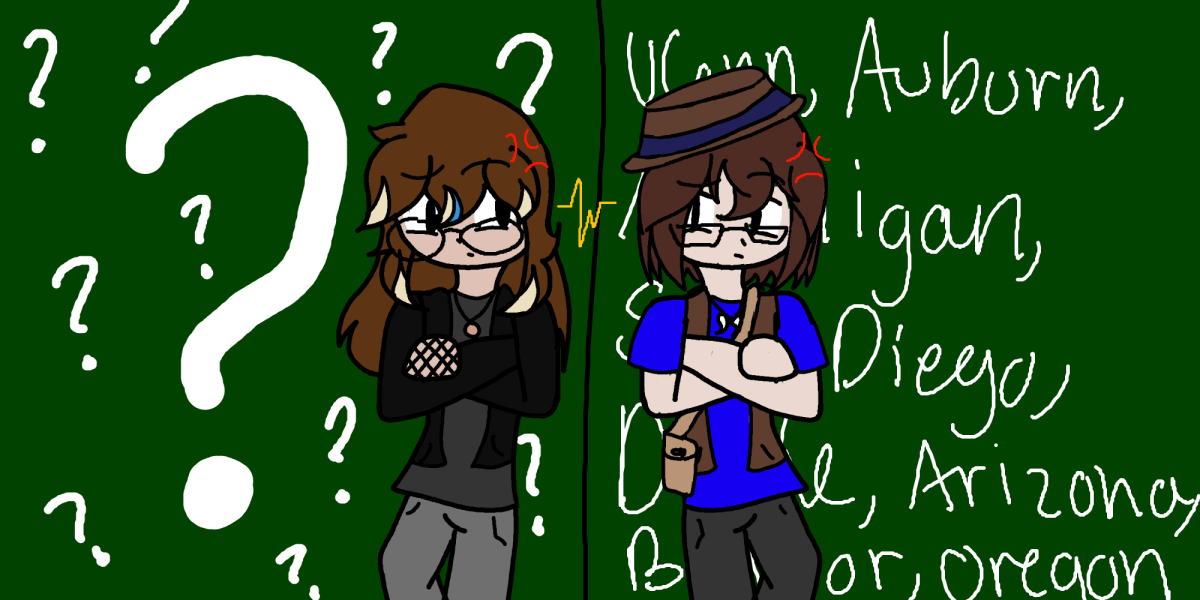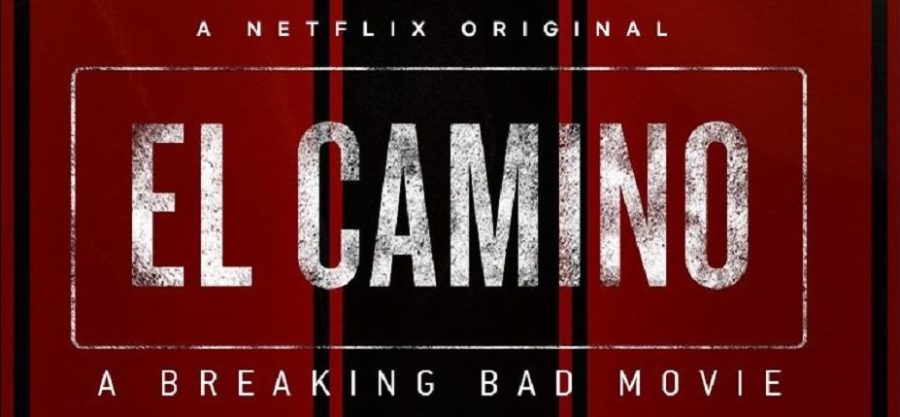El Camino Movie Review
Contains spoilers
The hardest thing for a television series to do is nail the finale, but Breaking Bad, the AMC drama chronicling chemistry-teacher-turned-meth-cook Walter White, managed to pull it off perfectly. What made the final episode so successful was not an unexpected plot twist or surprise ending, but, instead, the tying up of all loose ends. While many fans of other great shows have watched their favorites become worse over time, Breaking Bad fans got the luxury of seeing their favorite show get better with each new episode. So, naturally, tampering with such a flawless ending is a slippery slope.
Despite this risk, El Camino, the Breaking Bad movie, set out to tie up one final loose end: what happens to Walter White’s partner-in-crime-turned-sworn-enemy Jesse Pinkman? While the movie did tie up that loose end, that was all it really managed to do.
El Camino picks up right where Breaking Bad left off, beginning with Jesse’s liberation from the neo-Nazi gang’s compound where he was imprisoned and forced to cook meth. As he drives off, celebrating in a car (specifically an El Camino), police sirens remind Jesse that his troubles are not yet over and that he is still very much a man on the run. The rest of the movie documents Jesse’s journey running away from the law, laced with flashbacks from unseen moments during the Breaking Bad era that contextualize the decisions he makes in the movie. The movie ends with Jesse driving off to his new life with a new identity, but at the end of the day, he is still alone and forever running from his past.
Like Breaking Bad, El Camino mimics the storytelling and aesthetic of a western. From the stunning imagery of the New Mexican desert to the climactic old-west gunfight, the movie portrays Jesse as a modern-day outlaw on the run. Despite this similarity to the original series, El Camino feels empty with the absence of Breaking Bad’s notes of classical tragedy. Unlike Walter White, Jesse does not deserve the fate that has been thrust upon him. Jesse’s story isn’t a tragedy; it’s just a sad story.
The writers of Breaking Bad have found their niche and over the past 13 years have only gone on to perfect it, not only with the tragedy of Walter White, but also in the show’s spin-off Better Call Saul. Better Call Saul successfully expands on the Breaking Bad universe and only makes me appreciate the overall story of both shows even more. The reason Better Call Saul succeeds so well is because Jimmy McGill’s transformation into Saul Goodman mirrors Walter White’s transformation into Heisenberg. The leading man of El Camino, however, is not the type of person to undergo this type of transformation. He is simply too morally pure to become the person that El Camino wants him to be.
El Camino’s greatest weakness is that it tried too hard to be like Breaking Bad despite the fact that Jesse Pinkman is nothing like Walter White. What makes the ending of Breaking Bad so good is that every single character gets what he or she deserves. At the end of Breaking Bad, Jesse drives out of the compound with tears of joy streaming down his face because that’s what Jesse deserves. At the end of El Camino Jesse drives alone off into the wilderness, leaving everyone he loves behind with a sort of blank expression on his face. While Jesse does experience some degree of inner peace at this ending, it does not match the pure joy Jesse feels when he gains his freedom at the end of Breaking Bad.
I understand that happy endings are often frowned upon in dramas because they aren’t realistic. However, there is no character who deserves one more than Jesse. Jesse has paid for his sins plus interest, and while the emptiness of El Camino’s ending can be attributed to the evil Walt subjected onto Jesse, it doesn’t feel fair or consistent. When Walt dies at the end of Breaking Bad, it’s because he deserved to die (the song that plays as he dies literally opens with the lyrics “guess I got what I deserved.”) Similarly, Saul deserves to be all alone working at that Cinnabon in Omaha. The leading men of both other works in the Breaking Bad universe get what they deserve, but in El Camino the leading man does not, which causes a lack of consistency and therefore a feeling amongst fans that something is missing.
El Camino did not ruin Breaking Bad for me, but it also didn’t increase my love for that universe. While the movie was by no means bad, it failed to meet the (albeit ridiculously high) standards that its predecessor had set.













